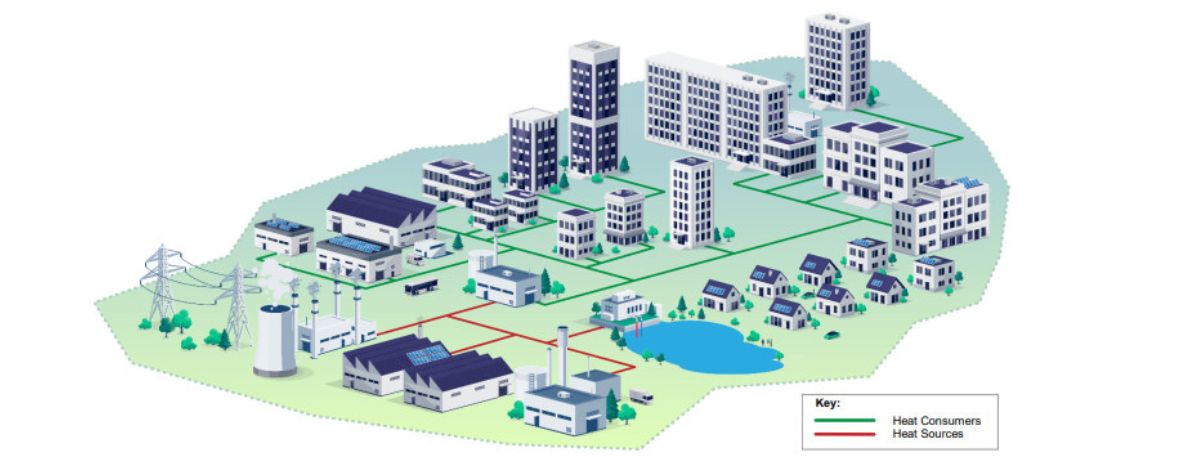Heat Networks - the opportunities in the borough
Published: 28/06/2024
Heat Networks are an established technology increasingly being promoted as the most efficient low carbon alternative replacement for gas networks, particularly in higher density areas where individual heat pumps are not practical or desirable.
Ashford Borough Council was successfully awarded funding in 2022 to explore both the technical and commercial feasibility for a heat network in the town, as a core contributor to our commitment to achieving net zero in the borough by 2050.
Last night (Thursday 27 June) Cabinet members received an update on progress to date and discussed ambitions and next steps as part of a wider energy strategy for Ashford were outlined.
Tackling Net Zero
Heating and hot water contributes to 21% of all UK emissions and is a key target area for the UK government to tackle in order to meet its legally binding targets for Net Zero. Ashford Borough Council has committed to meet Net Zero for its own asset by 2030 and for wider borough in 2050.
Sophie Stiles, Climate Action Manager at Ashford Borough Council, said: “Tackling our operational carbon by supporting and enabling the transition away from gas and oil heating is essential. We have identified that 44% of all energy emissions in the borough come from gas, with a further 24% from other fuels (mainly oil and LGP). Converting our highest energy users away from gas to renewable energy via heat networks could have a real and meaningful impact on meeting our climate targets as well as added benefits for our residents.
“Heat networks are not a new concept, but with new technologies are now much more efficient, than energy produced from individual boilers providing heat rather than fuel directly to homes. They are a far cry from the old communal heating systems of the 60s and 70s, allowing individual metering and controls – with each property having an outdoor heat interchange unit instead of a boiler, requiring less costly maintenance. As the heat comes from renewables and waste heat from industry, they allow stable pricing, not subject to fluctuations of the gas market.
“Ashford Borough Council are keen to have an active role in the network’s development and running, so ensuring that the benefits of low cost, low carbon heat can be shared widely by all our communities and any surplus can fund future local initiatives.”
Fuel poverty is also serious issue that affects many households in England, especially those with low income and with low energy efficiency. In 2021 (BEIS study), 9.7% of households in Kent were estimated to be in fuel poverty with Ashford seeing a 2% increase since 2020 study. Fuel poverty is acerbated by energy insecurity and subsequent market fluctuations in prices.
Heat Networks provide a solution to these challenges by:
- contributing to net zero heating, enabling access to clean decarbonised heat for all utilising waste heat and renewable technologies
- alleviating risk of fuel poverty by providing stable and lowest cost low carbon energy from locally generated and secure and independent energy sources.
Ashford Borough Council want to be at the forefront of heat network delivery for the benefit of our residents and businesses. We are part of a mentor programme run by the Danish Embassy and promoted by Department of Energy Security and Net Zero (DESNZ) aimed at supporting early adopters and providing vital networking opportunities with other local authorities.
Whilst there are many differences between Denmark and the UK, their wealth of experience - having been at the forefront for 50 years - means this programme has been very beneficial to ABC at it develops its bespoke network and understands the delivery vehicles available.
Ashford’s journey to date
In December 2022 ABC were awarded a £57k grant funding from the Heat Network Delivery Unit to undertake a feasibility and viability study for a network around the Newtown Work area.
This was supplemented with a further grant of £40k to take part in the Government’s zoning pilot study to help hone their zoning methodology for national roll out in 2025.
Consultants AECOM won the tender and are nearing completion of their study outlining where they consider to be the most appropriate and commercially viable area for our first heat network.
This work has involved liaising with business in the borough to better understand real heat loads and requirements, assessing potential sources of waste energy, locations for energy centres and potential customer base through mandated buildings and voluntary sign ups.
Cabinet members gave their approval for officers to proceed to seek the next stage of Green Heat Network Funding, with a bid at the end of 2024.






